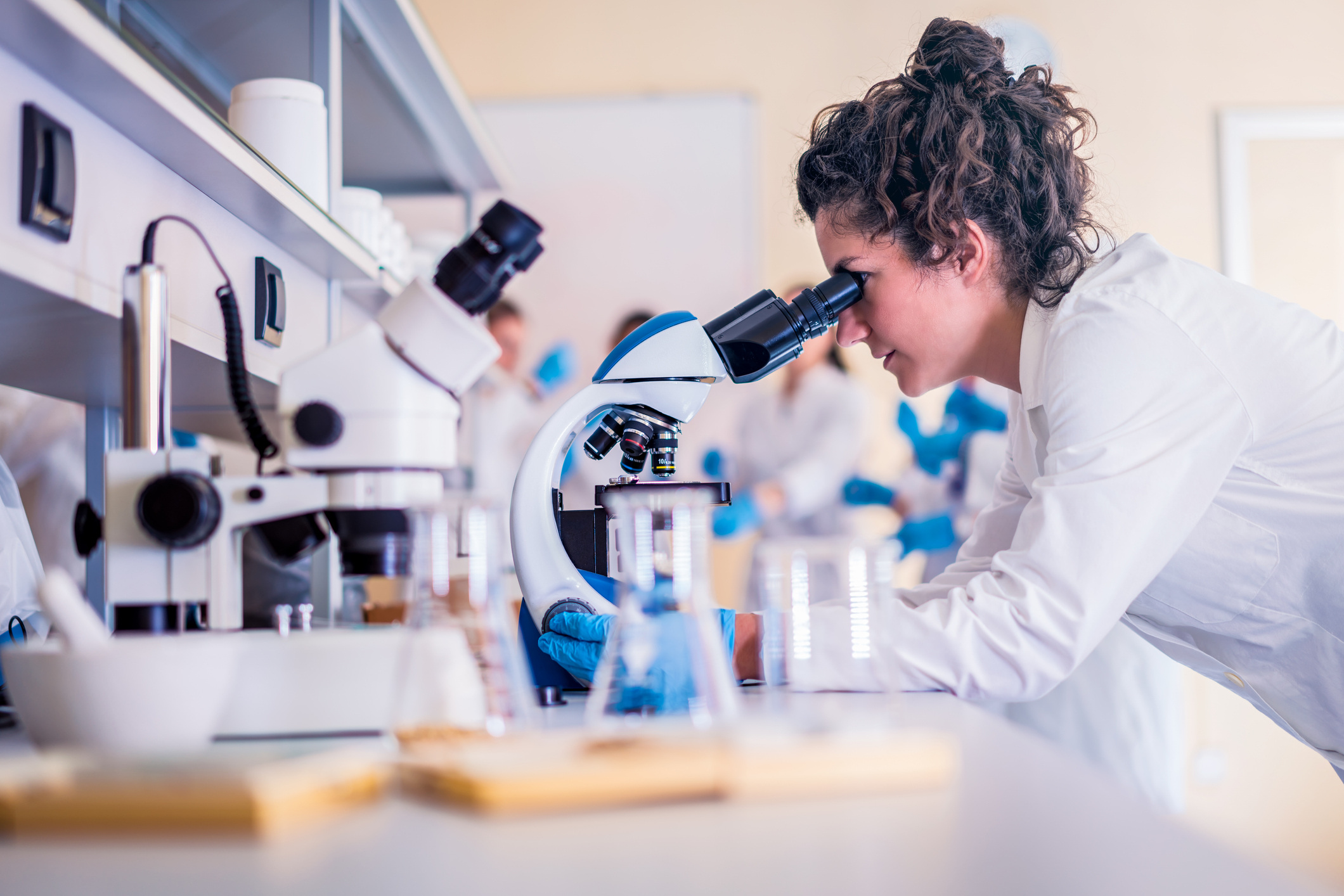Personalized medicine, driven by advancements in genomics, is revolutionizing healthcare by tailoring treatment plans to individual genetic profiles.
Unlike the traditional "one-size-fits-all" model, this approach considers each person’s unique genetic makeup, providing insights into their susceptibility to specific diseases, how they metabolize medications, and their potential response to treatments. This personalization enhances the effectiveness of medical interventions and reduces the risk of adverse effects, paving the way for optimized health outcomes.
Genetic testing plays a crucial role in personalized medicine by identifying DNA variations that can influence a person’s health.
For instance, individuals with specific genetic mutations, such as BRCA1 or BRCA2, are at a higher risk of developing breast or ovarian cancer. Early detection through genetic testing allows these individuals to undergo more frequent screenings, adopt preventative measures, or consider risk-reducing surgeries, ultimately improving their prognosis.
We offer several products at LifeScape, including the Color Test, which tests for 25 of the most common genes inherited from your parents (these are called germline mutations and exist in all your cells).
There are also other abnormal DNA mutations, known as somatic mutations, that are acquired through environmental factors and certain habits. The most common causes of these mutations include smoking, alcohol consumption, and U.V. radiation, all of which cause DNA damage through various mechanisms.
- Smoking contains 70 known carcinogens (including benzene, formaldehyde, and nitrosamines). When these substances come into direct contact with the mouth, throat, and lungs, they can either cause direct DNA damage or create free radicals that bind to DNA, resulting in damage or replication errors.
- Alcohol's main ingredient, ethanol, is metabolized into acetaldehyde, a Group 1 carcinogen (the highest classification for human carcinogens, on par with tobacco smoke, asbestos, and U.V. radiation). Acetaldehyde can directly bind to DNA, causing DNA errors in replication, oxidative stress, and impairing the body’s ability to repair existing DNA damage.
- Lastly, U.V. radiation, particularly UVB and UVA, can cause direct DNA damage, DNA cross-linking, and reactive oxidative stress, which damages DNA and the outer layer of cells. Remember to wear sunscreen if you're out for more than 30 minutes!
To detect these somatic mutations, a newer test called the GALLERI Multi-Cancer Early Detection blood test is available. It analyzes cell-free DNA (small fragments <100 base pairs from normal or cancer cells floating in your bloodstream) by detecting specific methylation patterns. Methylation is a chemical modification that influences how genes express themselves.
Cancer cells often have a different methylation pattern. By analyzing these patterns using A.I., the GRAIL test functions as a pan-cancer screening test, detecting multiple cancers at once, unlike specific tests such as mammograms for breast cancer or colonoscopies for colon cancer.
However, there are some false positives with these tests, so results should be carefully reviewed with your healthcare provider. This helps ensure you're prepared for any outcomes and understand the steps to take. While the advantage is the potential to catch early-stage cancers sooner, false positives may lead to additional radiation exposure from CT scans and biopsies, which carry inherent risks and can cause unnecessary worry.
As these advancements continue to evolve, personalized medicine is leading a new era in healthcare, promising more precise, predictive, and proactive care tailored to each individual’s genetic blueprint. This transformation enhances patient outcomes and represents a shift toward a more personalized, patient-centered approach to health and wellness.
If you’re interested in learning more about personalized medicine, and seeking a doctor to partner with on your healthcare journey, request a Meet & Greet today.

